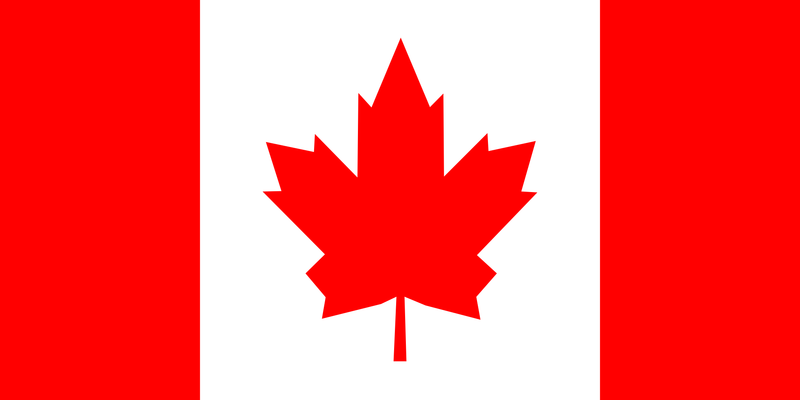Canada Universities and Colleges

Studying in Canada as an international student offers excellent educational opportunities and a diverse cultural experience. Here is an overview of the procedure to apply as an international student:
Research Canadian Universities and Programs: Explore different universities and programs in Canada that align with your academic goals. Consider factors such as program offerings, reputation, location, and available resources.
Admission Requirements: Review the admission requirements for each university and program you are interested in. These may include academic transcripts, standardized test scores (such as the SAT or ACT), letters of recommendation, essays or personal statements, and proof of English language proficiency (such as IELTS or TOEFL).
Financial Planning: Assess the cost of studying in Canada, including tuition fees, living expenses, and healthcare coverage. Explore scholarships, grants, and financial aid options available to international students. Develop a financial plan to ensure you can meet the expenses associated with studying abroad.
Application Preparation: Gather all the required documents for your applications, such as academic transcripts, test scores, letters of recommendation, and personal statements. Ensure that you meet the specific requirements of each university and program you are applying to.
Pay attention to application deadlines as they vary among universities and programs.
Pay Application Fees: Some universities may require application fees, which need to be paid during the application process. Follow the instructions provided by each university to complete the payment.
Financial Documentation: Prepare the necessary financial documentation to demonstrate your ability to cover the cost of your education and living expenses in Canada. This may include bank statements, scholarship award letters, or sponsorship letters.
Study Permit: If you receive an acceptance letter from a Canadian university, you will need to apply for a study permit, which serves as a student visa. Check the requirements and application process for a study permit on the official website of Immigration, Refugees and Citizenship Canada (IRCC).
Plan for Housing and Arrival: Once your study permit is approved, make arrangements for housing in Canada. Some universities provide on-campus housing options, while others may assist in finding off-campus accommodations. Plan your travel and arrival logistics, including flights, transportation, and any quarantine requirements due to COVID-19.
Pre-Departure Orientation: Attend any pre-departure orientations or webinars offered by your university or educational consultants. These sessions provide important information about living in Canada, adjusting to a new culture, and academic expectations.
It's crucial to visit the official websites of the universities you are interested in and review their specific application instructions and requirements. Additionally, consult with the university's international admissions office or seek guidance from educational consultants to ensure you have accurate and up-to-date information throughout the application process.



 LiveSupporti
LiveSupporti